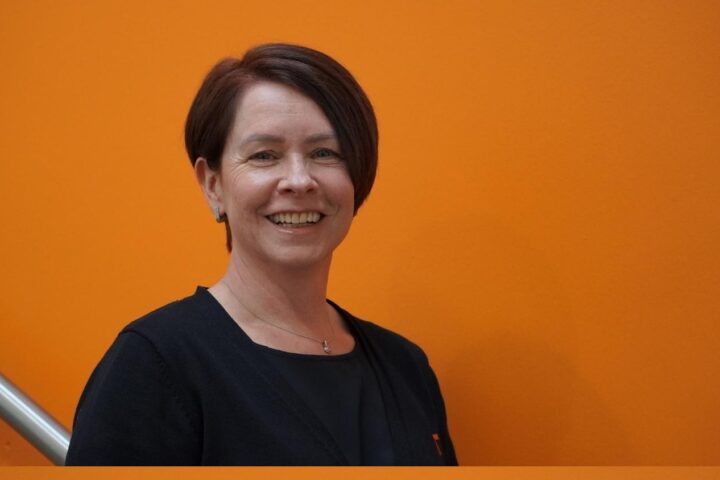UK adults are significantly underestimating how much they’ll need to live moderately well in retirement, with many lacking the confidence that they can save enough to secure a comfortable lifestyle in later years, according to new data from St. James’s Place (SJP).
The latest Financial Health Report from SJP finds that among UK adults saving beyond the state pension, estimated pension wealth averages just £50,923. Nearly half (48%) of pension holders believe they have less than £50,000 in savings, while 61% estimate their total pension pot is below £100,000. Almost one in five adults (17%) say the state pension is their only retirement provision.
Worryingly, the figures are more stark for those nearing retirement. Among 65- to 74-year-olds, average pension wealth sits at £76,151, while 55- to 64-year-olds report an average of £89,349. These figures fall far short of the approximately £500,000 required for a moderate standard of retirement, as calculated by the Pensions and Lifetime Savings Association (PLSA). That target figure assumes a retirement income of £31,300 a year—enough to fund modest annual travel, dining out a few times a month, and an older car.
Confidence in reaching such financial goals remains low. Three in five (60%) of UK adults say they are not confident they will save £500,000 by retirement, with just 28% expressing confidence they can reach that figure. Those aged 45–64 are the least confident, with only 15% believing they will reach the benchmark for a moderate retirement.
For those hoping for a more comfortable retirement—requiring an estimated £43,100 annual income and a pot of up to £790,000—the picture is bleaker still. Two-thirds (67%) of people say they are not confident they will achieve that amount, compared with just 21% who say they are.
The study also found widespread misconceptions about how much is needed. Nearly one in four (23%) believe less than £50,000 is sufficient for a moderate lifestyle, and over half (54%) believe the threshold sits below £400,000. Alarmingly, 36% of those aged 55 and over believe less than £50,000 is enough.
A lack of engagement is also evident. One in three adults (32%) admit they have no idea how much is in their pension, one in five (19%) have never reviewed it, and nearly a quarter (23%) say that saving for retirement is not a priority.
However, the research also shows that having a financial plan can significantly improve confidence. Over half (56%) of those with a financial plan feel secure about their finances, compared to 33% of those without one. A financial plan is also linked to greater engagement—49% of those with a plan prioritise monthly pension savings, versus just 25% of those without. Even at lower income levels, those with a plan are more likely to prioritise saving.
Alexandra Loydon, director of advice policy & operations at St. James’s Place, said: “As a society, we face significant gaps in awareness and preparedness for retirement. The shift from defined benefit to defined contribution pension schemes has transferred the burden of saving for retirement onto individuals and, while the introduction of automatic enrolment into workplace pension schemes marked a significant milestone in promoting retirement savings, the harsh reality is that many individuals are facing significant shortfalls.
“It is concerning that many people lack an understanding of how much they need to put aside to fund a moderate or comfortable standard of living in retirement and are not confident they’ll reach these standards by retirement. Even among those approaching retirement, confidence is worryingly low.
“Our research shows that having a financial plan in place builds confidence and engagement with retirement finances. As we move forward, decisive action at a policy, industry and individual level is required, such as integrating financial education into the school curriculum, addressing the current shortfalls in auto-enrolment contributions, and enhancing access to financial advice and guidance to help overcome barriers to retirement planning.”
















